As India's mammoth election enters its final stages, speculation and analysis are rife about potential outcomes that could reshape the country's political landscape. With three rounds of voting left, discussions about possible shifts in power are abound, with whispers of change echoing across the nation.
While the "BJP Hatao" slogans may not be as prevalent, subtle murmurs suggest a potential shift in the political tide. If these whispers hold true, it could herald a historic moment in Indian politics, as forecasters, analysts, and experts align in their assessments.
At the forefront of this electoral battleground is the fierce competition between key players, a fact that most observers can surmise. Critics are busy dissecting words and actions to gauge who holds the upper hand in this high-stakes game of electoral chess. Yet, amidst the political maneuvering, West Bengal Chief Minister Mamata Banerjee has emerged as a prominent voice, boldly predicting the trajectory of the polls.
In a fiery speech, Banerjee delivered a scathing indictment of the BJP, asserting that the "India" coalition would secure a commanding 315 seats, while the Modi-led NDA could expect a modest tally of 190 to 195 seats. Her declaration from Kalyani resonated with conviction, as she proclaimed a shift in the winds of change, signaling a potential upheaval in the status quo.
Banerjee's assessment extended to key states where she anticipated BJP's potential setbacks, including Bengal, Bihar, Uttar Pradesh, Madhya Pradesh, Tamil Nadu, and Karnataka. Her rhetorical question challenged the BJP's narrative, questioning where they would procure votes if they faced defeat in multiple states.
However, Union Home Minister Amit Shah offered a contrasting narrative, asserting NDA's ascendance to 270 seats following the fourth round of voting. Despite the disparity in their predictions, both leaders exuded confidence in their respective projections, leaving the nation awaiting the final verdict on June 4th.



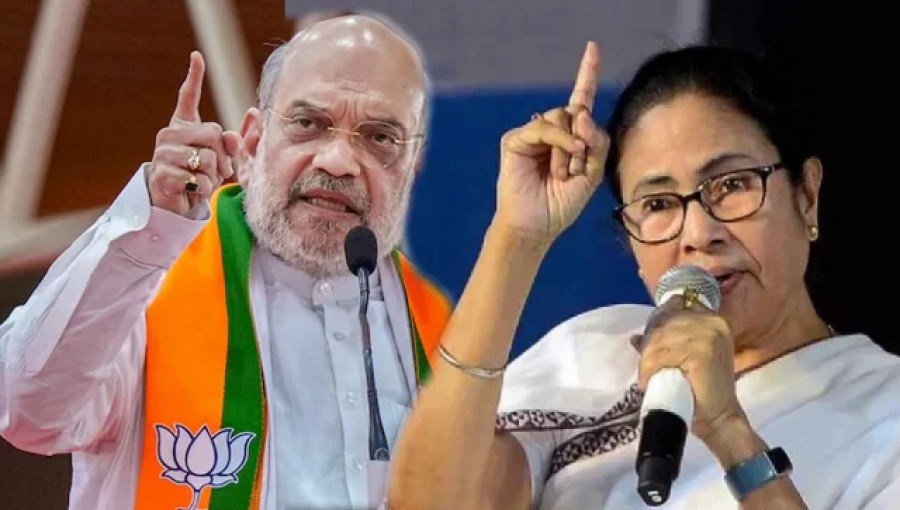

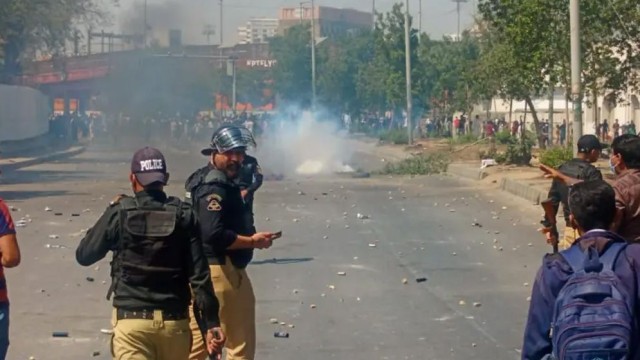
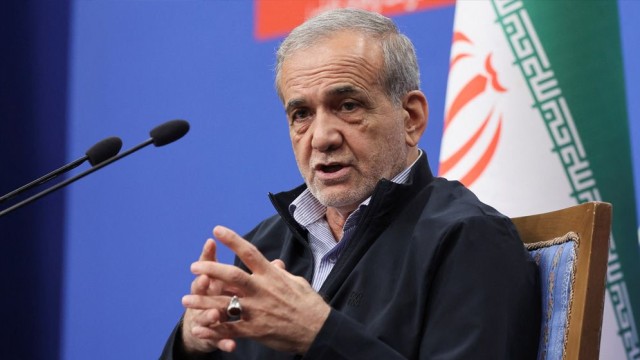
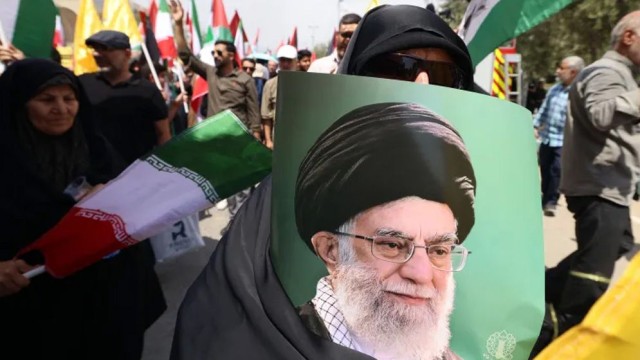
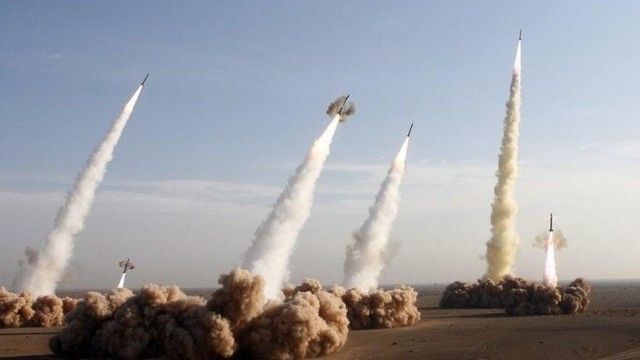
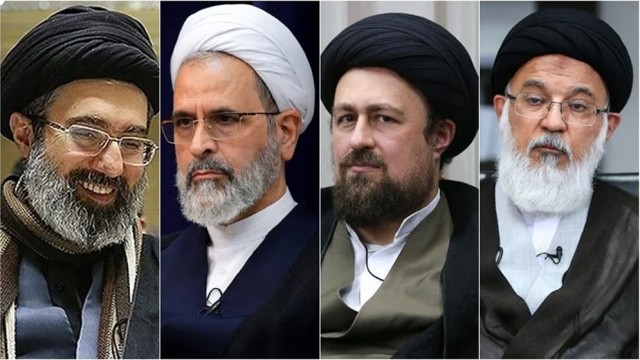


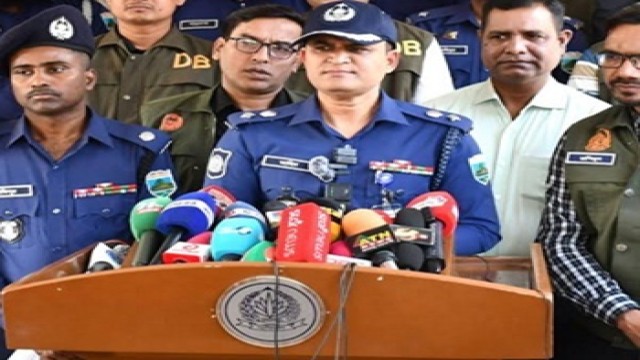

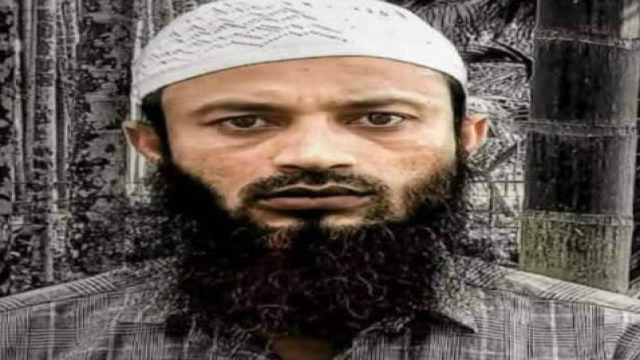
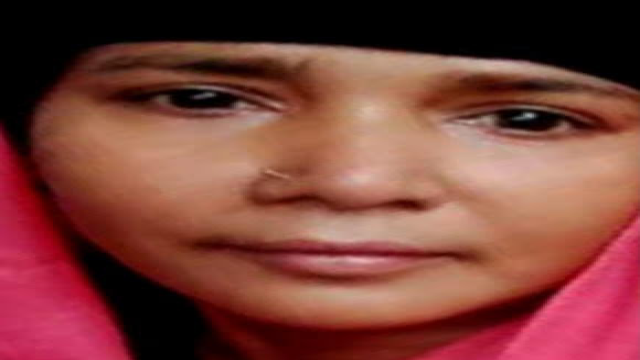



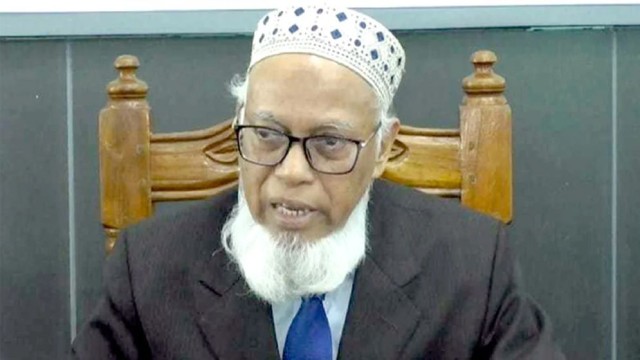










Comment: